Pursuing a better way
for surgeons to train
for surgeons to train
Vulnerable children deserve a better chance

It is challenging for surgeons to acquire the advanced skills they need to perform minimally invasive surgery in infants and children. In 2017, a group of New Zealand surgeons discussed how to improve training for rare, complex congenital abnormalities. They were concerned that if the surgery is not done extremely well, the patients can end up with lifelong morbidity. The difficulties teaching the required skills are exacerbated by the rarity of some of the conditions (e.g.EA/TEF) and ethical constraints around using animal tissue for training. They worked out a better way to help surgeons gain the technical skills they need without risk to patients. They developed this simulator to allow surgeons to acquire their surgical skills at their own convenience.
Our experienced team came together to bring high-fidelity surgical training to life
The group pulled together a team of experienced paediatric surgeons supported by scientists with expertise in bioengineering, material science and medical physics. This was the genesis of what is now known as Symulus.
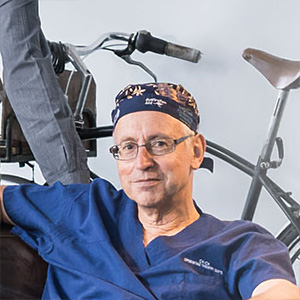
Spencer Beasley
Paediatric Surgeon and Clinical Director, Christchurch Hospital
Clinical Professor, University of Otago
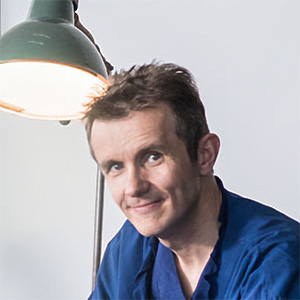
Jonathan Wells
Paediatric Surgeon, Christchurch Hospital
Clinical Senior Lecturer,
University of Otago
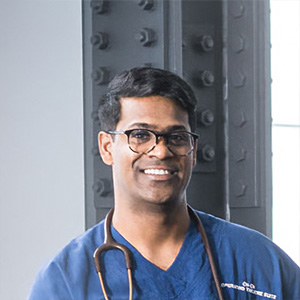
David Nair
House Surgeon, Christchurch Hospital
Bachelor of Medicine and Bachelor of Surgery Bachelor of Biomedical Science Postgraduate Diploma Child Health, University of Otago
Bachelor of Medicine and Bachelor of Surgery Bachelor of Biomedical Science Postgraduate Diploma Child Health, University of Otago
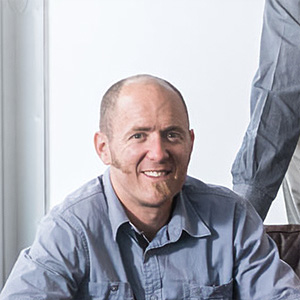
Rory Jones
Managing Director, La Plastecnica
B.E. Hons Chem + process, M.E.M. Canterbury University, M.E. (Mech) University of Auckland,
B.E. Hons Chem + process, M.E.M. Canterbury University, M.E. (Mech) University of Auckland,
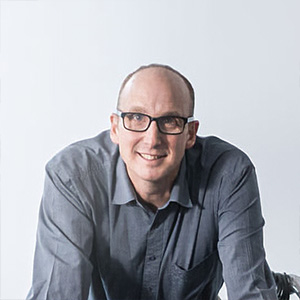
Nick Cook (PhD)
Imaging Scientist, Christchurch Hospital
Clinical Senior Lecturer,
University of Otago
“The model accurately simulates the anatomy of an OA TOF. It is robustly built and can withstand the use for simulation training. Its size makes it suitable for practice with 3mm instruments. I am keen to use it for our simulation training program!”
Mr Michael Singh,
Consultant Paediatric Surgeon, Birmingham Children’s Hospital
Consultant Paediatric Surgeon, Birmingham Children’s Hospital


